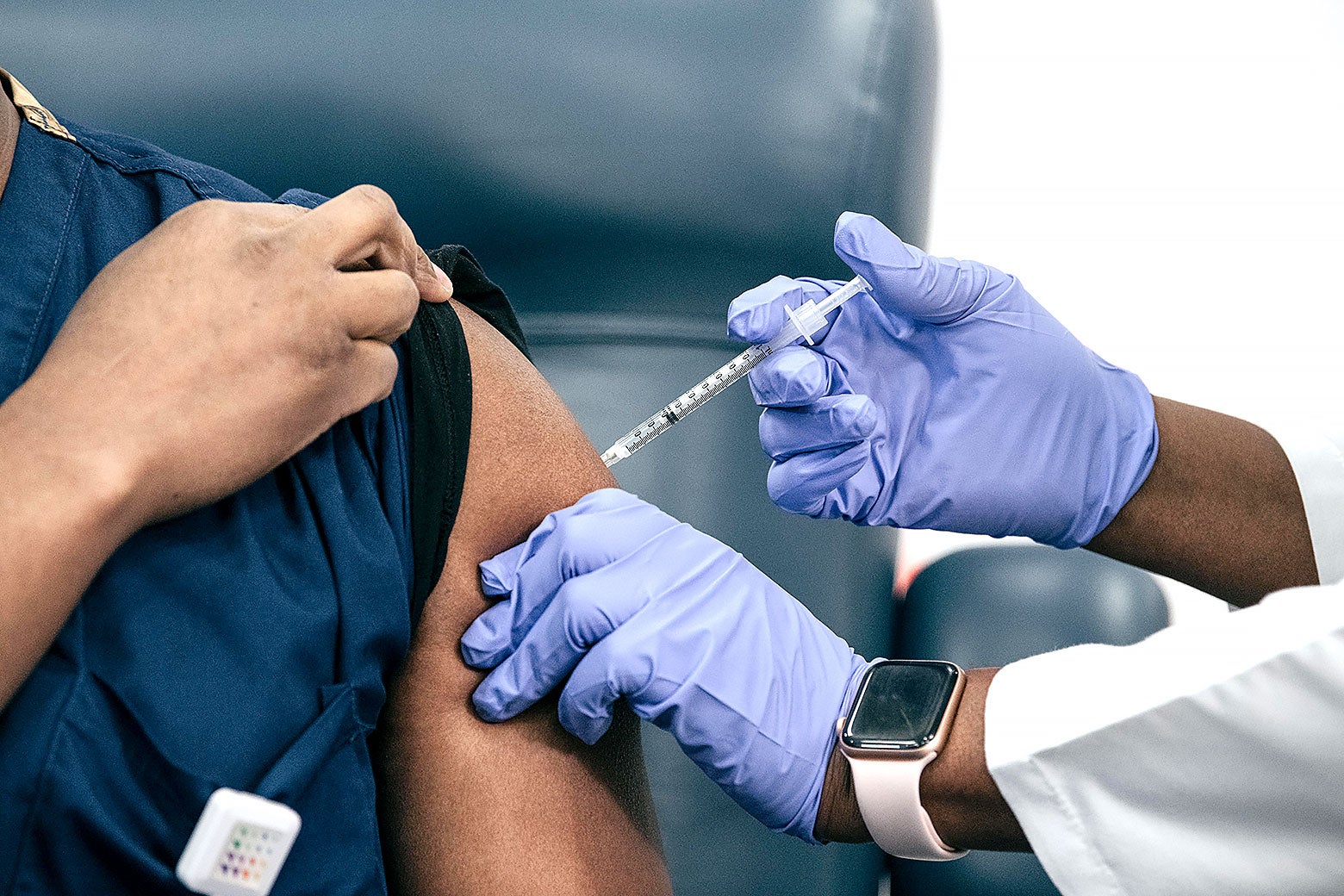The accessibility of COVID-19 vaccines in the United States is facing an unprecedented crisis, largely due to the actions of Robert F. Kennedy Jr., the Secretary of Health and Human Services. His controversial decisions have undermined public health efforts and created significant uncertainty for millions of Americans.

Kennedy's tenure has been marked by the dismissal of key members of the Advisory Committee on Immunization Practices (ACIP), a move directly contradicting promises made to the Senate. His administration has also significantly restricted vaccine eligibility, limiting access for individuals under 65 and those without pre-existing conditions, regardless of their personal desire for vaccination. This includes the exclusion of healthy pregnant women, despite the documented benefits of vaccination during pregnancy.
The implications are far-reaching. The FDA's refusal to approve vaccines for broader use, coupled with Kennedy's announcement that the CDC will no longer recommend them, means insurance companies will not cover them for many. This leaves those who want the vaccine facing significant financial barriers, forcing them to seek off-label prescriptions and potentially incurring substantial out-of-pocket expenses.
Pharmacies, major distributors of vaccines, are becoming increasingly hesitant to stock COVID-19 vaccines due to the complex and restrictive guidelines. This creates a practical barrier to access, even in states where vaccination remains theoretically possible. Furthermore, Kennedy’s threats of legal liability against doctors who deviate from his restrictive guidelines further discourages vaccination.
This situation contrasts sharply with other countries where vaccines remain widely available. Critics often cite other nations' policies as justification for the limited access in the US; however, this conveniently ignores the fact that these countries still offer widespread vaccine access and maintain comprehensive healthcare systems, which absorb the costs involved.
The ramifications extend beyond individual access. Florida’s decision to eliminate vaccine mandates for public life, mirroring actions of its anti-vaccine surgeon general, highlights the disintegration of national health coordination. The CDC, once the central authority, now finds its guidance disregarded, prompting a cascade of individual state decisions based on varying interpretations of evidence and resources. This creates a patchwork system, increasing the risk of outbreaks and hindering effective response mechanisms.
The future remains uncertain. While the ACIP is set to convene, the credibility of their recommendations is severely challenged by Kennedy's actions and political maneuvering. The potential for a fragmented, state-by-state approach to vaccination threatens national public health, with the risk of outbreaks crossing state lines and the logistical nightmare of individuals traveling for vaccination. The reduced funding to state health departments further exacerbates the situation, hindering their ability to respond to potential surges.
Several medical organizations, including the American Academy of Pediatrics and the American College of Obstetricians and Gynecologists, have publicly disagreed with ACIP's recommendations, forming a sort of 'shadow ACIP' to offer alternative guidance. While this offers some hope, it does not address the core problem: the lack of insurance coverage and the pervasive political interference that threatens public health initiatives. The long-term consequences of these actions will likely manifest as preventable disease outbreaks, underscoring the gravity of the current crisis.
---
Originally published at: https://slate.com/technology/2025/09/covid-vaccine-flu-shots-2025-florida-new-york-robert-f-kennedy-jr.html
